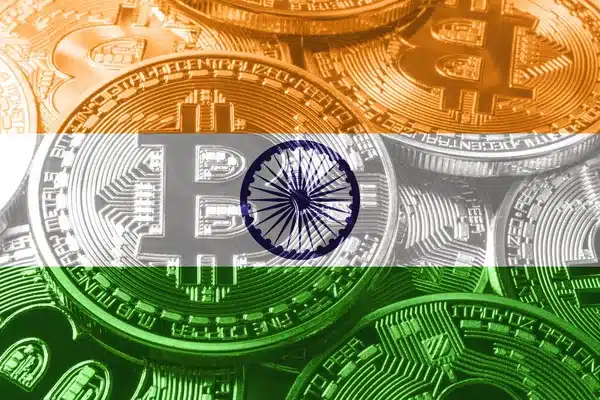Summary:
- The Indian government’s stringent cryptocurrency tax regime, including the 1% Tax Deducted at Source (TDS) on crypto transactions, is expected to persist for at least two more years, according to Nischal Shetty, CEO of WazirX.
- Despite the tax challenges, India has witnessed rapid growth in its cryptocurrency landscape, leading in transaction volume from July 2022 to June 2023 and ranking highly on the Global Crypto Adoption Index. India also accounts for a significant portion of global crypto adoption and is a prominent user of decentralized exchanges (DEXs).
India’s Crypto Tax Regime: What Lies Ahead for the Next Two Years, According to WazirX CEO
In a bold statement, Nischal Shetty, the CEO of WazirX, one of India’s leading cryptocurrency exchanges, has predicted that India’s imposing crypto tax regime is here to stay for at least two more years. Despite growing adoption and interest in cryptocurrencies, the Indian government has maintained its stance on heavy taxation of crypto profits over the past year, a move that has significantly impacted the country’s crypto trading landscape.
Last year, Indian authorities introduced a 1% Tax Deducted at Source (TDS) on cryptocurrency transactions. This taxation policy led to a substantial reduction in trading volumes on Indian exchanges, as market makers and high-frequency traders scaled back their activities due to the increased costs. A major competitor of WazirX reported a staggering 97% decline in trading volumes on domestic exchanges in just 10 months, with the tax being a primary contributing factor to this decline.

In an interview with Bloomberg, Nischal Shetty commented on the current situation, stating, “I don’t think we’ll see any immediate reduction in TDS since there have been no formal discussions between the industry and lawmakers specifically around it.” While Shetty remains optimistic about India adopting a more crypto-friendly policy in the future, he did not provide specific details about the expected changes. Notably, Shetty has relocated to Dubai to lead his upcoming project, Shardeum, a blockchain platform aimed at competing with established networks like Ethereum.
The Prolonged Crypto Tax Challenge
The continued presence of the 1% TDS tax on cryptocurrency transactions reflects the government’s commitment to imposing taxation measures in the crypto space, despite calls for more leniency from industry players.
Also Read: G20 Proposals Shed Light On India’s Crypto Approach, No Indication Of A Ban
India’s Cryptocurrency Evolution
Despite the challenges posed by the crypto tax regime, India’s cryptocurrency landscape has experienced rapid growth and evolution. From July 2022 to June 2023, India led the charts in transaction volume, with an estimated $268.9 billion in crypto assets. This significant presence on the global stage is further emphasized by India’s top ranking on Chainalysis’ Global Crypto Adoption Index, highlighting the grassroots adoption of cryptocurrency within the nation.
India alone contributes to 20% of global crypto adoption and also ranks second in the usage of decentralized exchanges (DEXs). Simultaneously, the Indian government is actively promoting its central bank digital currency (CBDC), also known as the Digital Rupee. Additionally, India has deployed a Dark Net monitor to combat crypto-related criminal activities, further indicating the country’s evolving stance on cryptocurrencies.
As India continues to navigate the complex intersection of taxation, regulation, and cryptocurrency adoption, the crypto industry and the Indian government find themselves at a pivotal juncture, shaping the future of digital assets in the country.













Discussion about this post